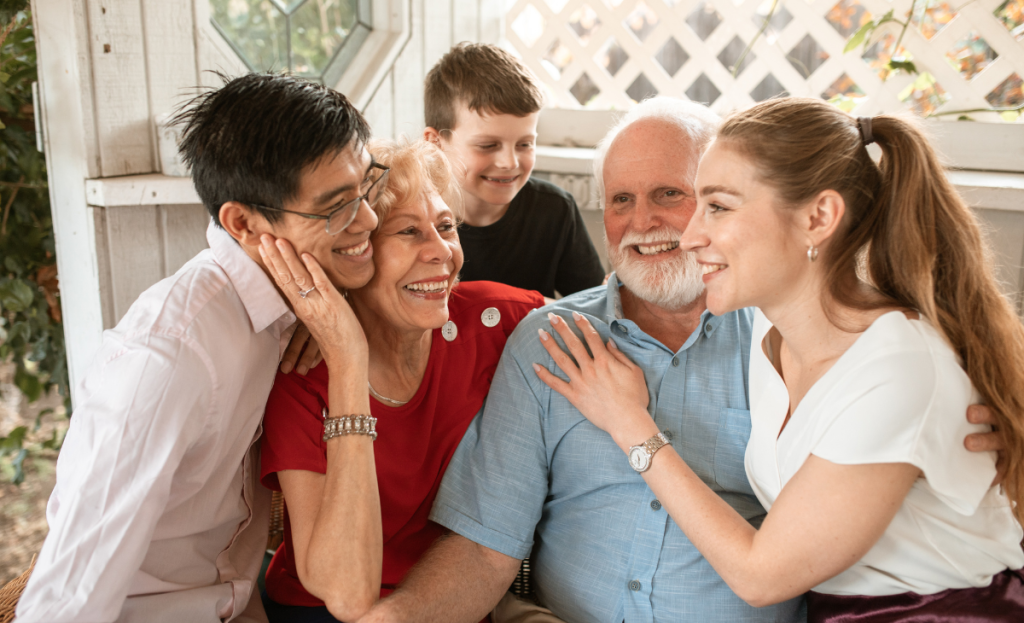5 Powerful Reasons Why Community Engagement Transforms NDIS Participants' Lives

Engagement with the community isn’t only about socialising. It is the bedrock upon which growth, inclusion, and independence sits — especially for NDIS participants. Community involvement helps in building relationships, acquiring skills, and enhancing well-being. It enables people to be actively engaged in their lives and environment.
Here, we explore the top five reasons why community engagement is so important for NDIS participants and what we can do to ensure that they are connected and involved within their community.
1. Fosters a Sense of Belonging:
Having a sense of belonging is crucial for mental and emotional health, and there are lots of ways to enjoy a sense of community. For NDIS participants, being involved in community events can decrease feelings of isolation and create lasting relationships.
How to Foster Belonging
- You can volunteer at your local festival, sports day, and art workshops.
- Participate in special interest community groups such as gardening, music or fitness.
- Make a friendly effort with casual conversation or group endeavours with neighbours.
Why It Matters:
When participants experience belonging, they are more likely to flourish emotionally and socially.
“Explore our Community Participation Service for more details”
2. Fosters Confidence and Autonomy:
Connecting to the community helps NDIS participants get out of their comfort zone and try new things creating new frames of reference that develops their sense of independence and self-esteem. These interactions give people a sense of agency and competence in different environments.
Activities to Build Confidence
- Help out at community centers, food banks or animal shelters.
- Work in some workshops to learn new skills, such as cooking, painting or coding.
- Engage in leadership roles in local groups or events.
Why It Matters:
Confidence and independence are critical for personal development, allowing participants to navigate life with more ease and fortitude.
3. Enhances Emotional Well-Being:

It helps promote emotional well-being by providing support systems and reducing loneliness. Participants can deal with their emotional challenges better through social and shared experiences.
How to Promote Emotional Well-Being
- Be part of support groups for common experiences and understanding.
- Participate in group leisure activities such as yoga, painting, or storytelling.
- Plan to visit or meet up with friends and family regularly.
Why It Matters:
The state of emotional well-being for children is a vital component of recovery, self-esteem, and happiness overall.
4. Provides Opportunities for Skill Development:
Skill development opens doors to independence and opportunities for employment. By participating in workshops, classes and volunteering, NDIS participants can embrace and grow their abilities.
Examples of Skill-Building Activities
- Get vocational training on job ready skills
- Sign up for a creative class — such as painting, crafting, or playing music.
- Volunteer in roles that align with personal interests.
Why It Matters:
Skill development fosters independence and creates opportunities for meaningful community engagement.
5. Promotes Physical and Mental Health:
Staying active and engaged in the community will have positive impacts in both physical and mental health. Activities like group exercise, outdoor events, and mindfulness practices contribute to overall wellness for NDIS participants.
Ways to Promote Health Through Engagement
- Engage in group fitness classes or walking groups.
- Join mindfulness and meditation sessions.
- Participate in outdoor activities such as park clean-ups, or community gardening projects.
Why It Matters:
A healthy body and mind is essential to a fulfilling and independent life.
“Explore Mindfulness and meditation practices.”
FAQs About Community Engagement:
How community engagement can improve lives?
It improves social relations, enhances confidence, and promotes mental as well as physical health, resulting in a more meaningful life.Why is participating in the community an advantage for NDIS participants?
It gives a sense of belonging, instills independence while allowing for skill building and emotional development.What are some of the community engagement activities?
Examples include attending local events, volunteering, joining support groups, and participating in workshops or exercising at classes.What role do support workers play in fostering community engagement?
Support workers help with creating and following a plan, getting to their destinations, and just cheering them on so that participants know they are capable of connecting with their community.
Conclusion:
Community engagement goes beyond engagement—so it’s not just about participation, empowerment, connection and growth. For all NDIS participants, it creates a pathway to build confidence, develop emotional well-being, and gains skills that pave the way to independence and happiness.
From neighbourhood events, to volunteering, to skills-based workshops, every small step taken towards engagement serves to strengthen both the individual and their community. Let’s make safe spaces where everyone feels secure and appreciated.



